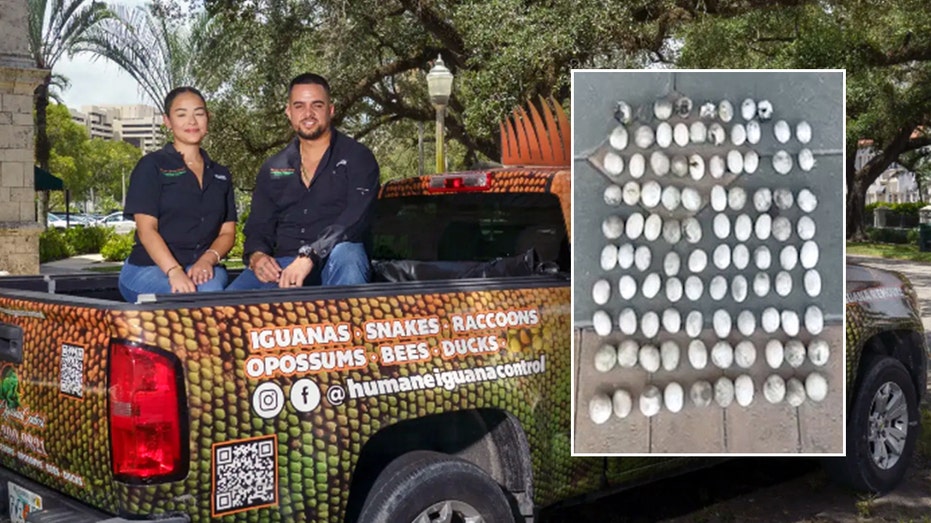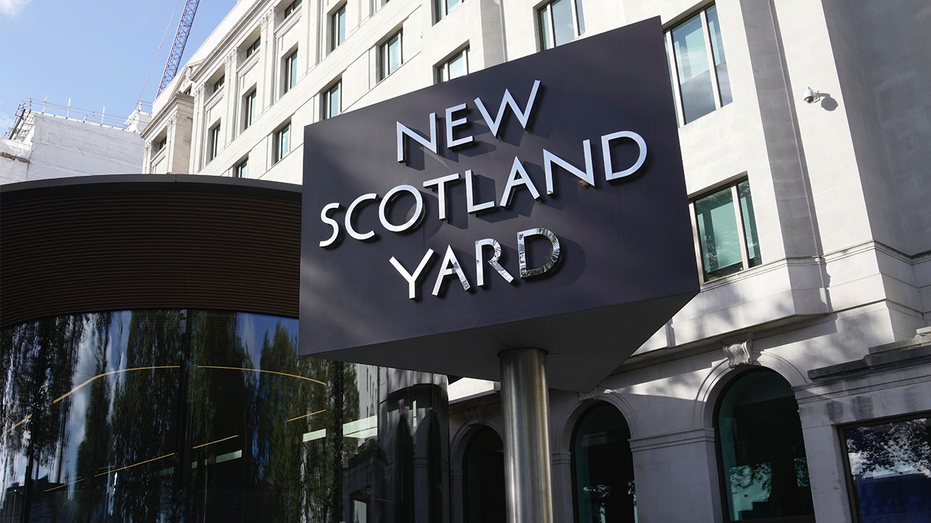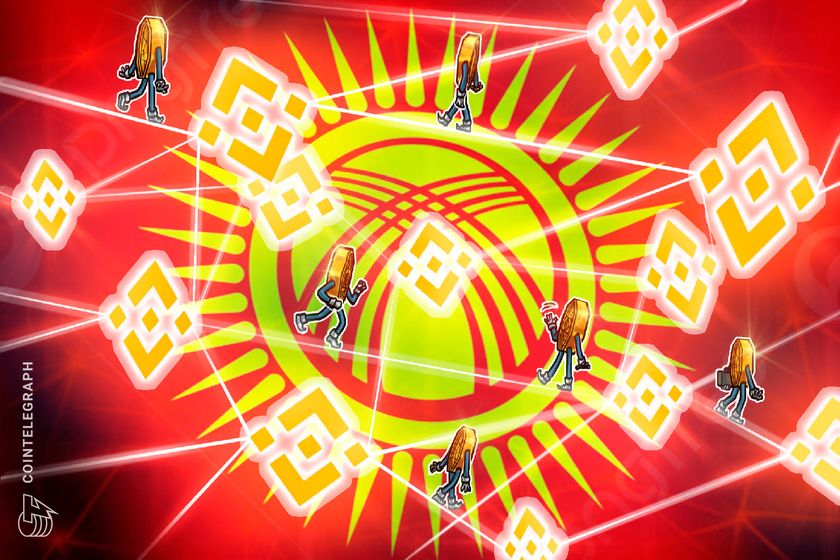Florida homeowner finds 98 iguana eggs in backyard: 'It’s the most we’ve ever removed from one site'
Humane Iguana Control removed 98 iguana eggs from a yard in Miami, possibly a record, highlighting Florida's invasive iguana problem and how to fight it.

If you thought Florida’s wildest residents were only found on South Beach, think again.
In the sun-soaked suburbs of Palmetto Bay, one Miami homeowner recently discovered she was inadvertently hosting the reptilian version of a baby shower with 98 uninvited guests.
Eventually, she called in the experts at Humane Iguana Control, and what they uncovered was remarkable even by Florida standards.
"We removed 98 eggs," Michael Ronquillo, owner of Humane Iguana Control, told Fox News Digital. "Three female iguanas had nested in burrows that were all interconnected, and each had laid her own clutch."
IGUANA REMOVED FROM MIAMI KITCHEN CABINET AFTER 'DASHING RIGHT INTO THE HOUSE'
The discovery, made after several inspections and trap setups, turned into what may be a local record.
"It’s the most eggs we’ve ever removed from a single site," said Ronquillo. "We couldn’t find another case of that many being pulled out at once."
To anyone outside the Sunshine State, it might sound dramatic. But for South Floridians, it’s another day in the life of battling invasive wildlife.
"Iguanas are more than a nuisance," Ronquillo said. "They pose health risks, cause landscape destruction and they dig burrows that can damage infrastructure."
In one infamous example, an iguana-related burrowing event in West Palm Beach caused $1.8 million in damage after compromising a dam.
"We’ve seen them dig under streets, sidewalks and sea walls," he added. "And if they’re digging in your backyard, you might not know it until the ground collapses under you."
SEE IT: IGUANA REMOVED FROM FIREPLACE IN FLORIDA HOME: 'END UP ANYWHERE'
Beyond property concerns, there’s the sanitation issue.
"They’ll defecate around pools, schools, playgrounds. It’s a health hazard," said Ronquillo. "We get calls from schools where kids are playing under trees, and the iguanas are just up there … going to the bathroom. Constantly."
Iguanas laying that many eggs isn't just wild, it's efficient.
"There’s a 93% hatch rate for iguana eggs," Ronquillo said. "If the client hadn’t called us, that entire neighborhood would’ve had a serious problem in just a few months."
The reason this yard became an iguana maternity ward? Prime real estate.
"They’ll test a bunch of spots," he explained. "If the ground’s too hard or too hot, they’ll move on. But this spot — soft soil, some shade, near water — was perfect. So, they all locked onto it."
As a homeowner discovering iguanas on site, what you don’t do in this situation matters even more.
"The worst thing people can do is cover up the holes," said Ronquillo. "We tell our clients to flag the burrows, use a little irrigation flag or something visible, and call a professional. When the holes are covered, it compacts the soil and makes it harder for us to dig the right path and remove the eggs."
Ronquillo’s team uses cameras and hand-digging to trace iguana tunnels.
"It’s not just digging a hole and pulling something out," he said. "You have to understand how they move and build their burrows."
Breeding season typically runs from February to May, though Ronquillo cautions that surprises aren’t uncommon.
"We’ve seen baby iguanas in July, August, even September," he said. "So, while it’s more common in spring, it can technically happen all year."
Iguanas aren’t native to Florida, they’re invasive and their presence traces back to the 1960s.
"The iguanas originally arrived through the pet trade market and cargo ships," said Ronquillo. "They’d float over on lumber after hurricanes or be released by owners who couldn’t care for them."
Florida’s warm climate, abundant food sources and lack of natural predators created the perfect conditions for them to thrive and multiply.
"They eat native bird eggs, destroy landscaping and dig burrows that damage roads, sidewalks and even dams," Ronquillo explained. Their impact has been so severe that Florida classifies them a public nuisance and encourages humane removal efforts.
If you spot digging, don’t break out the shovel or worse.
"Don’t try to remove it yourself, and definitely don’t put poison in the holes," Ronquillo said. "Just flag it, and call a licensed removal company."
These reptiles also come with built-in defense mechanisms, so don't try this at home.
"They have very sharp claws and teeth, and their tails can whip at up to 30 miles an hour," Ronquillo explained. "If you’re not experienced, you could end up in the ER. We’ve had clients try to grab one and end up with serious injuries."
CLICK HERE TO GET THE FOX NEWS APP
This Miami homeowner made one call and prevented nearly 100 invasive reptiles from joining the neighborhood.
"This client helped stop a whole new infestation," said Ronquillo. "If more people act that quickly, we can really make a difference."
Ronquillo’s final note: It's not just about one backyard.
"If everybody does their part," he said, "we can protect our environment and our neighborhoods. Just like this client did. It really makes a difference."
What's Your Reaction?










































































































